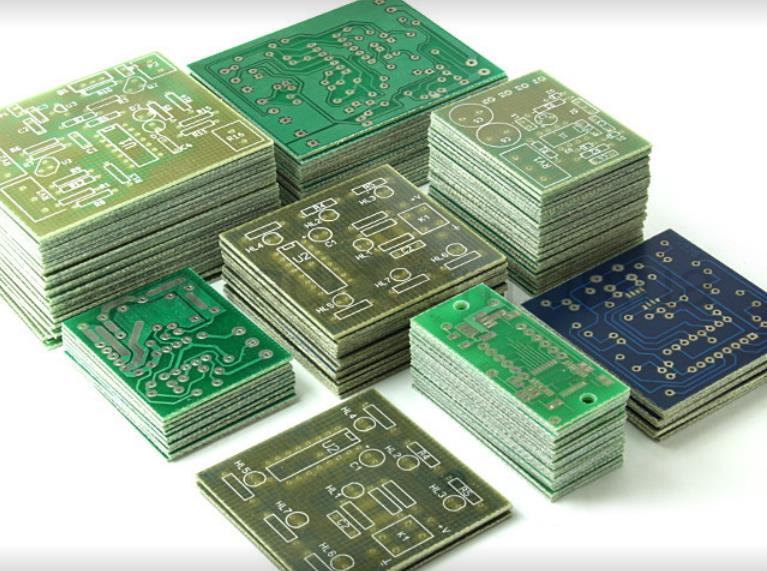We know from the PCBA processing process that electroplating is an important part of PCBA, which can prevent PCB from being exposed to the air for a long time, losing luster due to oxidation, and losing weldability due to corrosion. What is the principle of PCB electroplating? Today, let's take a look.

PCB electroplating principle includes four aspects: PCB electroplating solution, PCB electroplating reaction, electrode and reaction principle, and metal electrodeposition process. First, PCB electroplating solution has six elements: main salt, complexing agent, additional salt, buffer, anode activator and additive. Electrochemical reaction in PCB electroplating reaction: the plated parts are cathode, connected with the negative pole of DC power supply, the metal anode is connected with the positive pole of DC power supply, and both anode and cathode are immersed in the plating solution. When a certain potential is applied between the cathode and the anode, the following reaction occurs at the cathode: metal ion Mn+diffuses from the inside of the plating solution to the interface between the electrode and the plating solution gets n electrons from the cathode and is reduced to metal M. On the other hand, the reaction at the anode is completely opposite to that at the cathode, that is, the dissolution of metal M occurs at the anode interface, releasing n electrons to generate metal ion Mn+.
Is electroplating important in PCB industry? On the printed circuit board, copper is used to interconnect components on a substrate. Although it is a good conductor material to form the surface pattern of the conductive path, if it is exposed to the air for a long time, it is also easy to lose its luster due to oxidation and its weldability due to corrosion. Therefore, various technologies are needed to protect copper printing lines, through-hole and electroplating through-hole, including organic coatings, oxide films and electroplating technologies. The use of organic coatings is very simple, but because of the changes in its concentration, composition and curing cycle, technicians do not recommend long-term use, or even lead to unpredictable weldability deviation. The oxide film can protect the circuit from corrosion, but cannot maintain solderability. Plating or metal coating processes are standard practices to ensure solderability and protect circuits from corrosion. It plays an important role in the manufacture of single-sided, double-sided and multilayer printed circuit boards. It is worth mentioning that plating a layer of solderable metal on the printed circuit has become a standard operation for copper printed circuit to provide a solderable protective layer.
In electronic equipment, the interconnection of various modules usually requires the use of the printed circuit board plug socket with spring contacts and a printed circuit board with connection contacts. These contacts should have high wear resistance and low contact resistance, which requires a layer of rare metals, the most commonly used metal is gold. In addition, other coated metals can be used for printing circuits, such as tin plating, copper plating, and sometimes copper plating in some areas of printing circuits.
Another coating on the copper plate printing line is an organic coating, usually a solder film. If welding is not required, apply a layer of epoxy resin film by screen printing technology. This process of applying a layer of organic flux will not experience electronic exchange. When the circuit board is immersed in the electroless plating solution, the nitrogen resistant compound will adhere to the exposed metal surface and will not be absorbed by the substrate. Is electroplating important in PCB industry? Modern science and technology make electronic products more dependent on precise technology and strict requirements of environmental and safety adaptability, and these strict requirements and quality control standards can make PCB board electroplating practice go further and further towards the future.